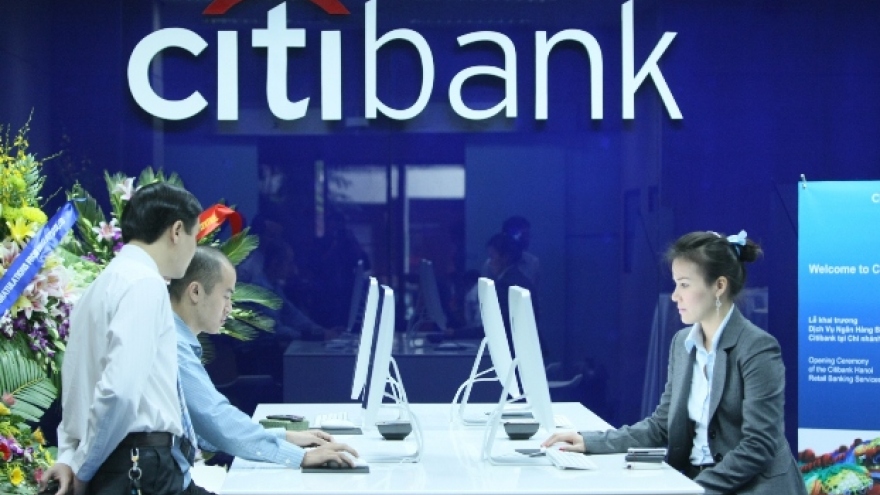Vietnam’s growth in 2016 projected at only 6%
Vietnam’s economy is expected to expand by 6% or less in 2016, according to a report by the Vietnam Institute for Economic and Policy Research (VEPR).
 |
The target of 6.7% would be unattainable despite a recovery in trade growth and a bright outlook on foreign investment attraction, said VEPR Director Nguyen Duc Thanh during the release of a report on the domestic economy recently.
Dr Thanh said a slowdown in industrial production made the economy grow at a less-than-expected rate of 5.52% in the first half of the year.
He warned of the risks of trading macroeconomic stability for high growth with the start of a new government term, noting that Vietnam would have to pay a higher price in case of recurring instability.
According to the report, inflation is bound to speed up in the remainder of the year as a result of recovering global commodity prices, domestic price adjustments and money supply increasing in the first six months.
The VEPR advised policy makers to anticipate risks of rising inflation in order to keep money supply in check, warning that credit growth of 18-20% in 2016 could make inflation spiral out of control as in recent years.
The report said although the new government has taken the first steps in widening the development space for private enterprises, it should resolve to create an effective competitive environment and reduce the State sector, in addition to administrative reform.
The VEPR said this is the best way to support Vietnam’s private companies in the context of rapid international integration.
With falling revenues from a number of sources, especially interests from State-owned enterprises (SOEs), the VEPR recommends strong disinvestment from SOEs be made to add to government income.
According to the VEPR, the idea of mobilising gold from the people is creating more instability on the market, and if implemented, will narrow the policy space in case of macroeconomic instability.
The VEPR said in the long term, this idea runs contrary to the effort to fight dollarisation and use of gold in payment, which has just begun to take effect.
Dr Nguyen Duc Thanh said the State Bank of Vietnam should persist in separating gold and foreign currency from circulation and put principles of the asset market into operation.


